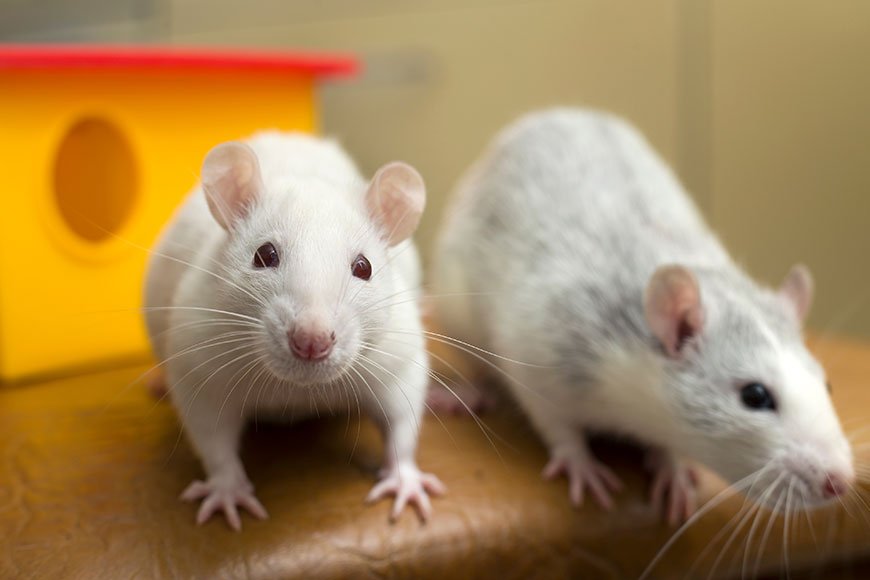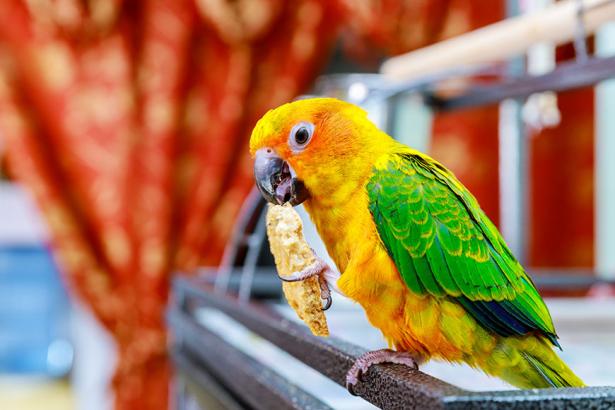Exotic pets are animals that are not typically considered to be domesticated, and they can include everything from reptiles and amphibians to birds and small mammals. These pets are becoming increasingly popular, due in part to the wide range of animals now available and the growing acceptance of non-traditional pets.
There are many reasons why someone might choose an exotic pet, including the desire for a unique or unusual pet, the appeal of a pet with certain unusual behaviours or physical characteristics, or simply a preference for a non-traditional pet. Exotic pets can make great companions, and many people find them to be more rewarding than traditional pets.
Of course, before you choose an exotic pet, it’s important to do your research to make sure you’re prepared to provide the care they need. Exotic pets require specialised care, diet, housing, and veterinary treatment by an exotic pet vet. It’s important to be sure you’re prepared to meet their needs before you decide to make the commitment and bring home an exotic pet.
How to choose the right exotic pet for you
If you’re thinking of adding an exotic pet to your family, there are a few things you should know first. Unlike traditional pets like dogs and cats, exotic pets can be more expensive to care for and may have specific housing requirements. It’s important to do your research before bringing home an exotic pet to make sure you’re prepared to provide the best possible care.
Some of the most popular exotic pets include reptiles, amphibians, birds, and small mammals. Here are a few things to keep in mind when choosing an exotic pet:
Housing: Certain exotic pets require specific types of housing. For example, reptiles require an enclosure with appropriate lighting and temperature controls, while amphibians may need a terrarium with humidity controls. Make sure you have the appropriate housing for your chosen pet before bringing it home.
Diet: Exotic pets have specialised dietary requirements that are often poorly understood by their owners. Research your chosen pet’s dietary needs and make sure you’re able to provide what it needs before bringing it home. You can also consult with an exotic vet who will give you dietary advice for your pet.
Vet Care: Exotic pets generally require specialised vet care from providers who are experienced in treating them. Make sure you’re familiar with the exotic animal veterinarians in your area who are able to treat your chosen pet before making a purchase.
Common health problems in exotic pets
There are many health problems that can affect your exotic pet. Some of these conditions are unique to specific species, while others are seen in a variety of exotic animals. Here are some of the most common health problems we see in exotic pets that are presented at our emergency exotic vet clinic:
- Respiratory infections: These are common in reptiles, birds and small mammals, especially if they are housed in crowded or unsanitary conditions.
- Gastrointestinal problems: These can be caused by parasites, bacteria or viruses and are common in reptiles, birds and small mammals. GI problems can also be caused by eating too much of the wrong thing (like fatty foods for reptiles).
- Skin problems: These include mites, fungal infections and allergies and are seen in a variety of exotic pets.
- Kidney disease: This is seen more often in reptiles than other exotic pets and is often the result of poor husbandry (such as not providing enough water).
- Liver disease: This is seen more often in birds than other exotic pets and can be caused by a variety of factors, including infection, toxins and genetics.
You should monitor your pet closely for any signs of illness or injury – exotic animals can hide illness well, so it’s important to be aware of any changes in behaviour or appearance, even if the changes are subtle. If you think your exotic pet may be sick, it’s important to take it to an exotic vet hospital that is experienced with treating these types of animals.
While they are not for everyone, owning an exotic pet can be a rewarding experience. These animals often have unique personalities and can form strong bonds with their human companions.
Before taking on the responsibility of owning an exotic pet, it’s important to carefully consider whether you’re prepared to make a long-term commitment to their care. Regular check-ups at your exotic pet veterinarian clinic and preventive care will help keep your pet healthy and happy for years to come.
FAQs
Exotic pets are interesting and rewarding companions. They are often quite intelligent, allowing them to develop strong bonds with their owners. Many species also require relatively little space or exercise to keep them happy in captivity. However, exotic pets do require specialised care, including suitable housing and a species-appropriate diet. You will also need access to an experienced exotic pet vet for any medical needs.
The cost of owning an exotic pet varies depending on the type of animal you choose. A pet rat will cost just a few dollars whereas a large parrot such as a macaw may set you back thousands of dollars. You also need to take into account the ongoing expenses for food, housing, and veterinary care.






5 Comments
Comments are closed.